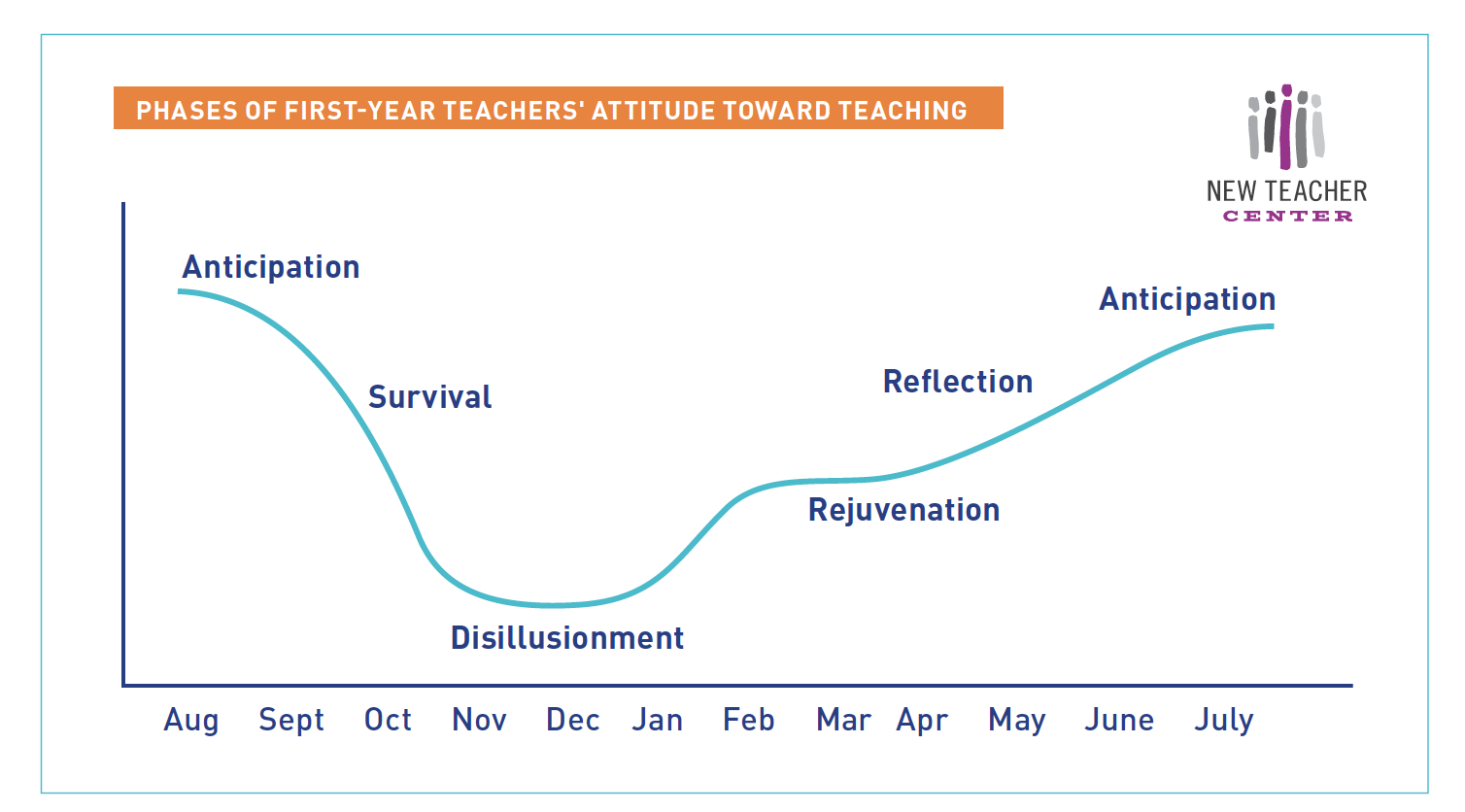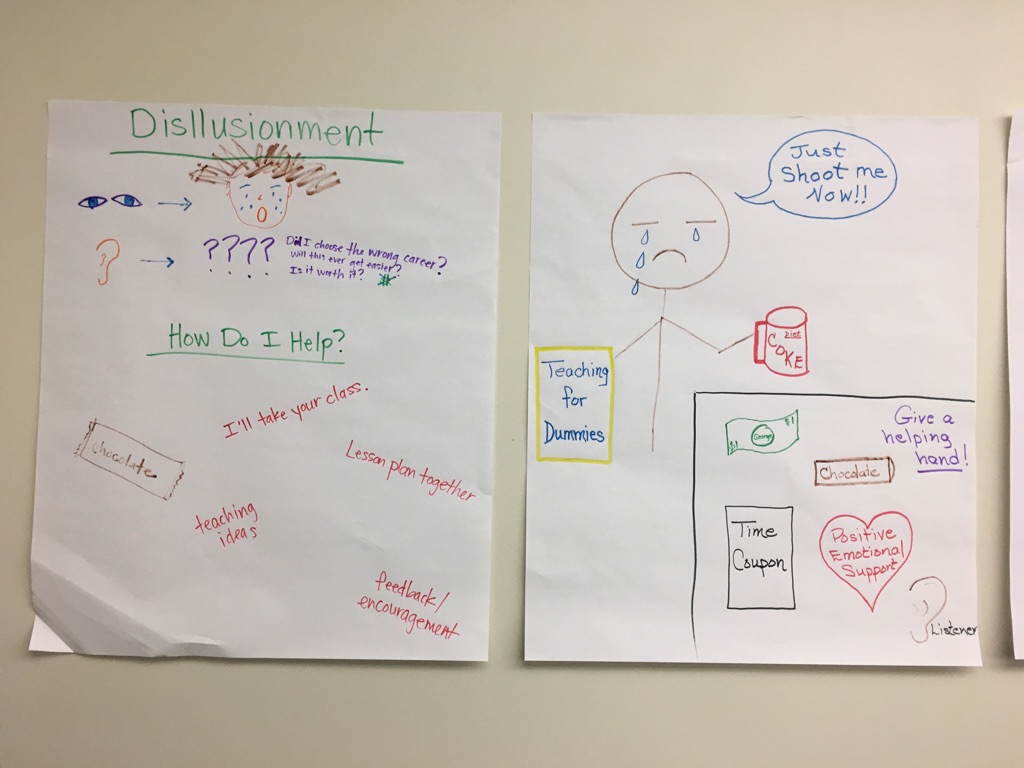Surviving the first few years of teaching is huge! New teachers are busy during those years getting a handle on all the teaching things -- management, planning, teaming and data diving, improving engagement strategies, surviving their evaluation...the list goes on! As they get to the end of the provisional years and see all their growth, some new teachers ask the question, “Now what? What can I do to continue to grow?”
Jordan School District has some great opportunities available for teachers to continue their education and learning. There are several endorsements that are offered through the district. Some of these endorsements even tie into master’s programs. One perk of these credits is they can help you advance on the pay scale!
If you are interested in endorsements that are offered through our district, here’s a list and some contact information.
- ESL Endorsement: The ESL Endorsement is offered through Southern Utah University. Teachers can use credits from the class towards a master’s degree. For more information about this endorsement, contact Sheri Sample: sheri.sample@jordandistrict.org
- Technology Endorsement: The technology endorsement is offered through Utah Valley University. This endorsement can be used towards a master’s program. For more information on this program, contact Deanna Taylor: dtaylor@jordandistrict.org
- Gifted and Talented Endorsement: The GT Endorsement is offered through Southern Utah University and can be tied to a masters program. For more information on the GT endorsement, contact Rebecca Smith: rebecca.smith@jordandistrict.org
Elementary Endorsements:
- Math Endorsement: The math endorsement is offered through Utah Valley University. The credits earned can be used towards a master’s program. For more information on the math endorsement, contact Melissa Garber: melissa.garber@jordandistrict.org
- Reading Endorsement: The reading endorsement is offered through Utah Valley University and can also be used towards a master’s program. For more information on the reading endorsement, contact Laury Finch: laurene.finch@jordandistrict.org
Many universities around the area offer endorsement programs as well. Check their course catalogs for more information.






 need help/support with lesson planning. Sitting with them to reflect on their teaching highlighting positive things they have done may boost them back up. This may also be a good time to model lessons for them or video one another to observe teaching in both classrooms. Support them in planning and scheduling testing as they move forward.
need help/support with lesson planning. Sitting with them to reflect on their teaching highlighting positive things they have done may boost them back up. This may also be a good time to model lessons for them or video one another to observe teaching in both classrooms. Support them in planning and scheduling testing as they move forward.